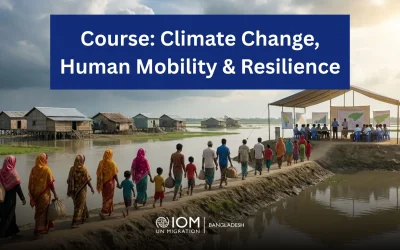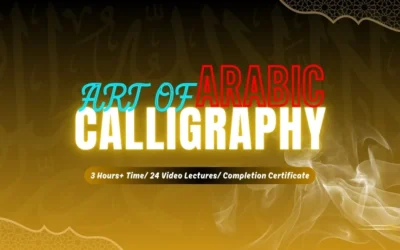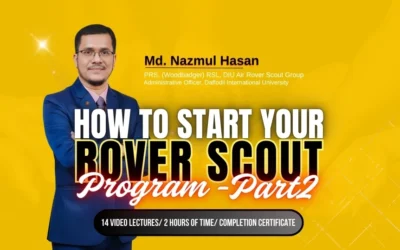Course description:
Human beings survive on this planet peacefully where more than 70 percent is water. This water is the most essential things for living. More than 97 percent of water is salt water and around 3 percent is fresh water which is found at river, stream, pond, lakes, clouds, ground water aquifers etc. This fresh and salt water is under threat by the addition of different waste and poisonous substances. That’s why we need to learn about the contents and substances which can pollute and degrade the quality of water. This comprehensive course, “An Introduction to Water Pollutants,” is designed to provide students with a fundamental understanding of the various pollutants that adversely impact the quality of water resources. As environmental concerns regarding water pollution continue to grow, this course equips participants with essential knowledge to comprehend, assess, and address the complex issues surrounding water contaminants. By the end of this course, participants will have gained a comprehensive foundation in the field of water pollutants, enabling them to critically analyze environmental issues, contribute to sustainable water management practices, and make informed decisions to address the challenges posed by water pollution. This course is suitable for students, professionals, and anyone interested in understanding the intricate dynamics of water quality and pollution.
An Introduction to Water Pollutants Objectives
In this course the learners will get some ideas on the sources of water pollution and the substances which create water pollution.
- Define the different types of water pollutants, including chemical, biological, and physical contaminants.
- Classify pollutants based on their origin, composition, and environmental impact.
- Understand the pathways through which water pollutants can affect human health.
- Analyze the health risks associated with exposure to contaminated water sources.
- Differentiate between point and non-point sources of water pollution.
- Trace the pathways of pollutants from their origin to water bodies, including the role of human activities.
- Familiarize participants with national and international water quality standards and regulatory frameworks.
- Equip participants with the skills to interpret and apply these standards for effective water quality managements
- Examine sustainable water management practices aimed at preventing and controlling water pollution.
- Evaluate technologies and approaches for the removal of pollutants and the treatment of wastewater.
This course is launched for them who is willing to learn about the ways of water pollution in their daily life. There is no prerequisite for the course.
What More to Expect?
14 complete lessons within 1 hour of time
Quizzes to assess learning from the course
Option to discuss problems on the lessons through the course forum
Certificate of achievement issued with the affiliation of HRDI and Skill Jobs
Course Features
- Lectures 14
- Quizzes 1
- Duration 1 hour
- Skill level All levels
- Language English
- Students 0
- Certificate Yes
- Assessments Self






